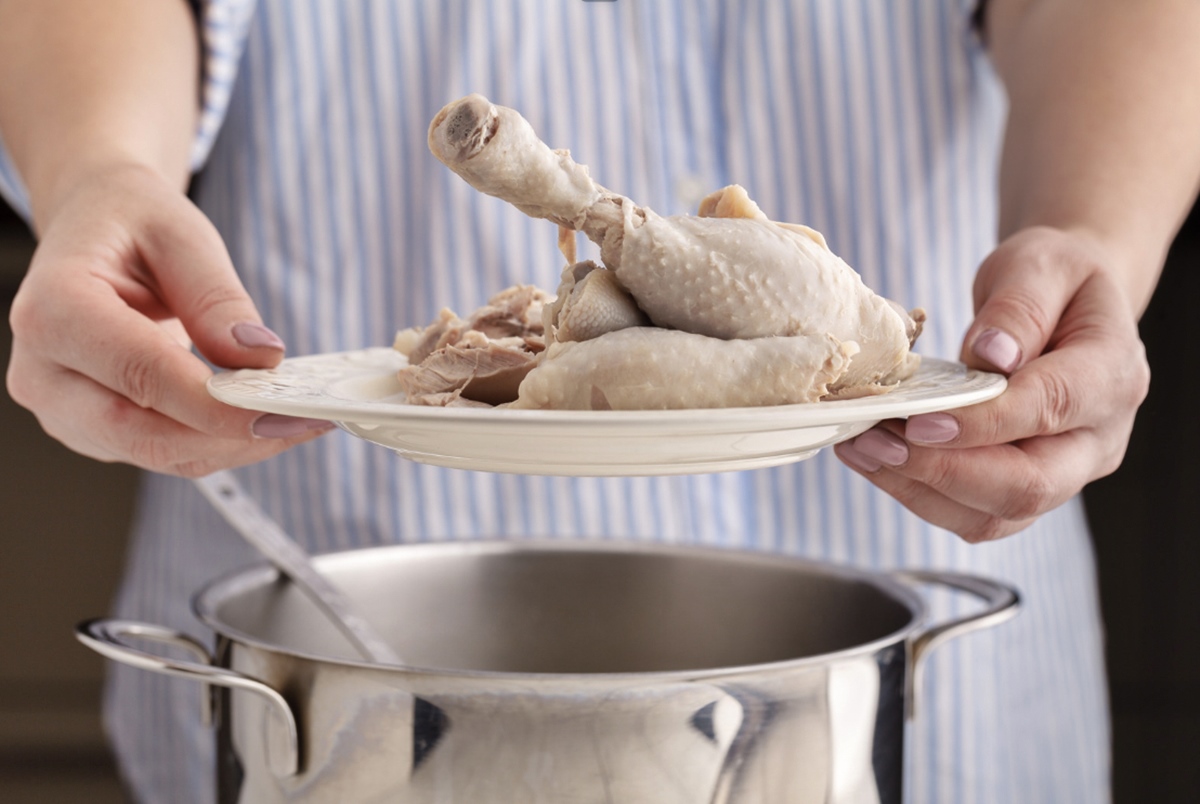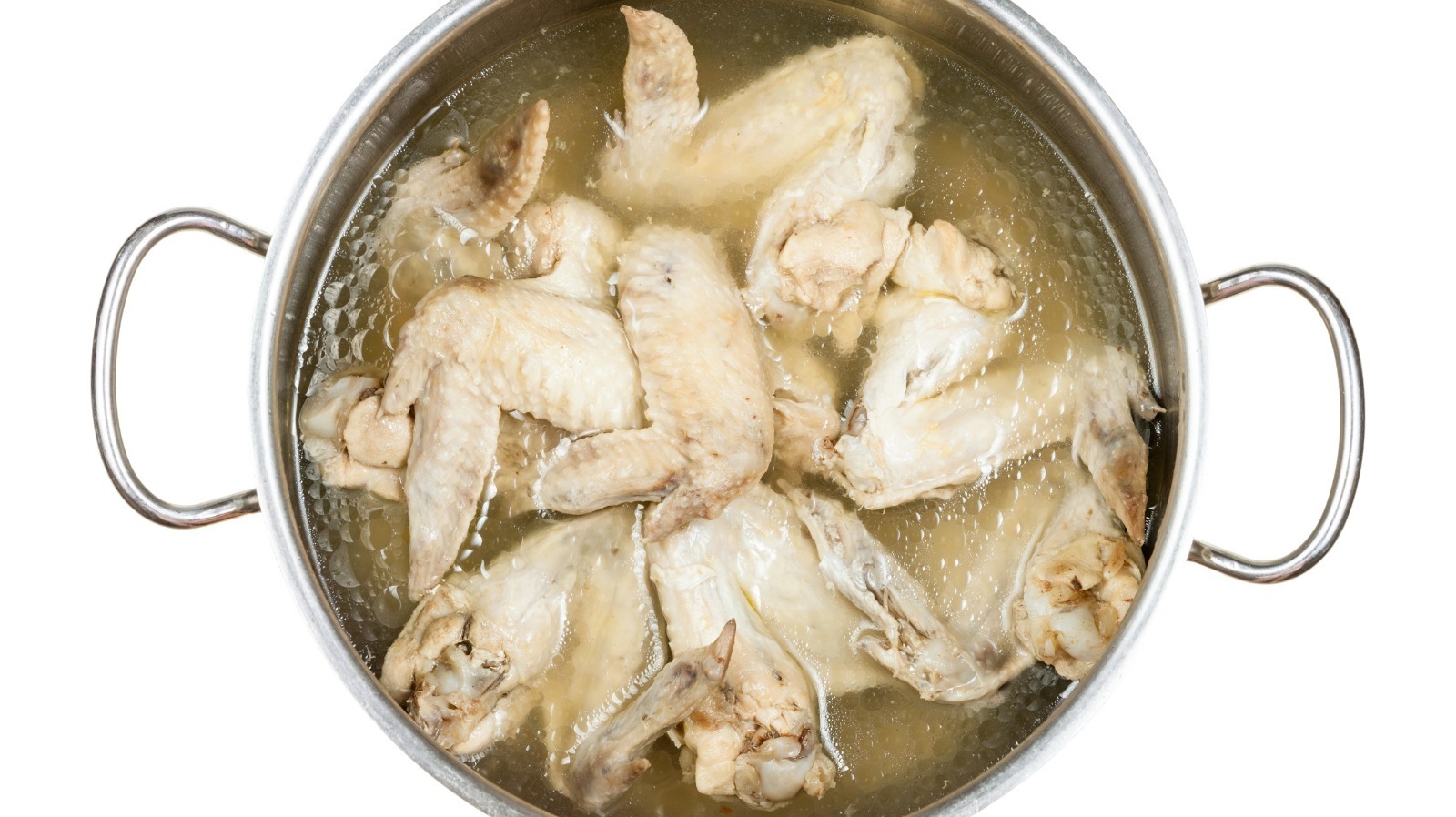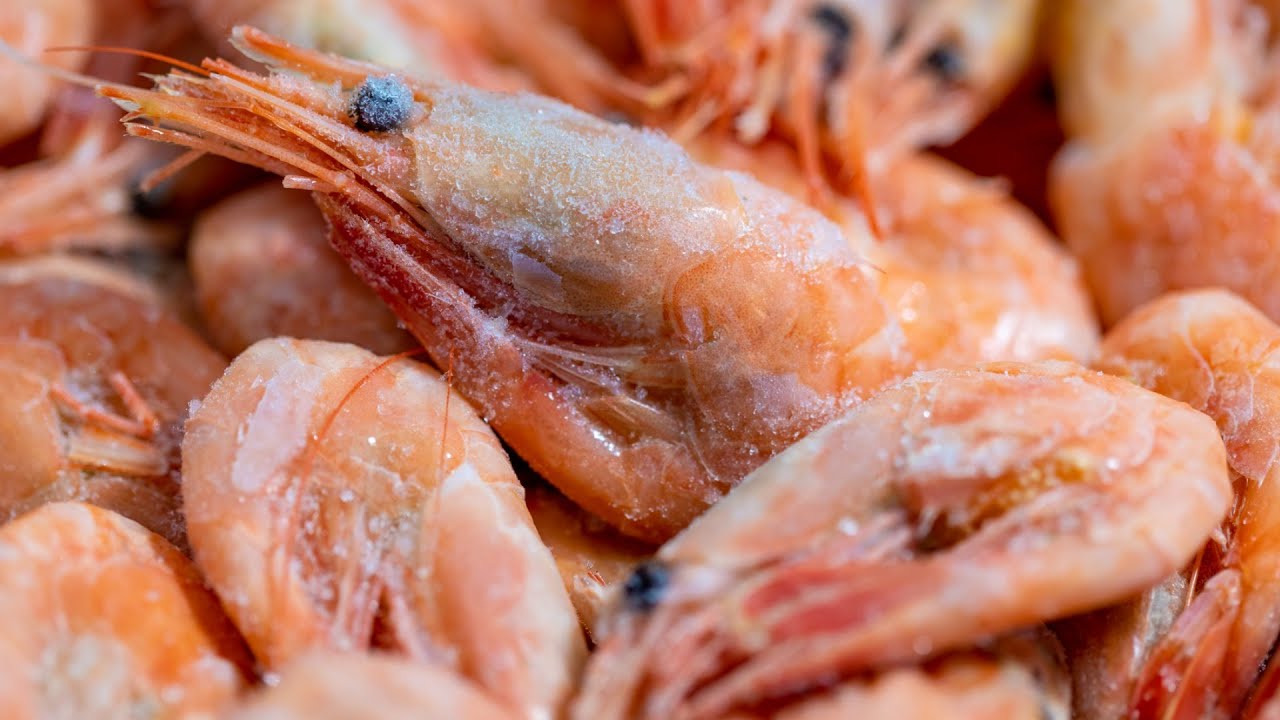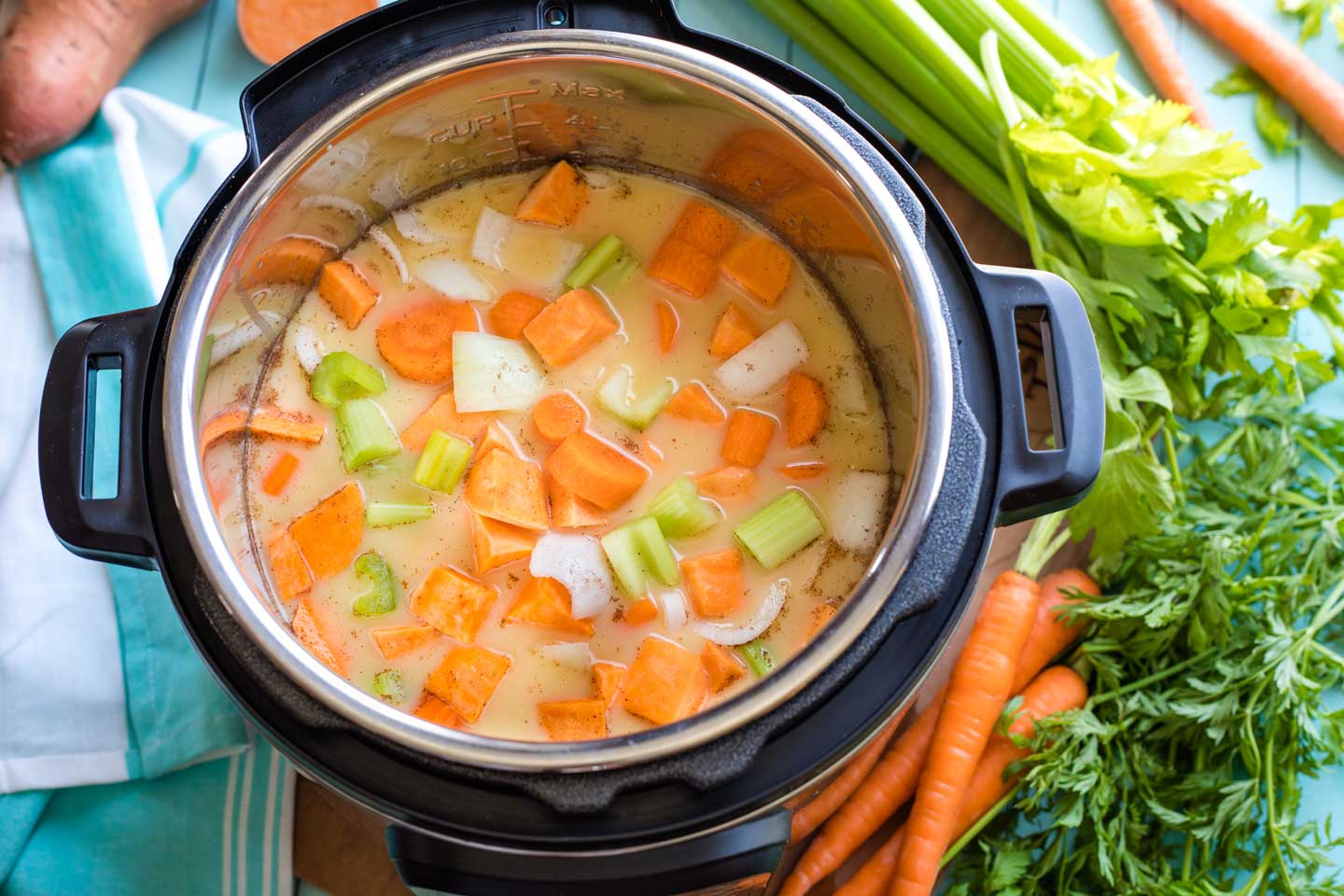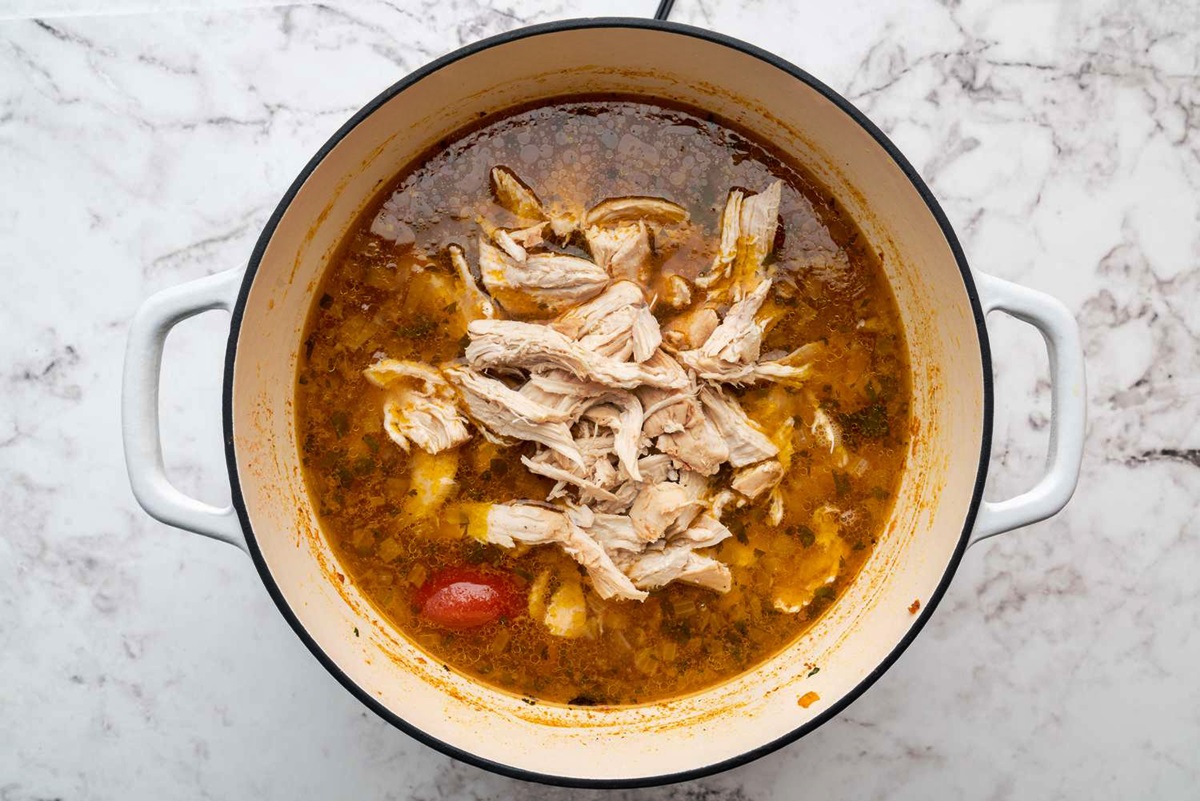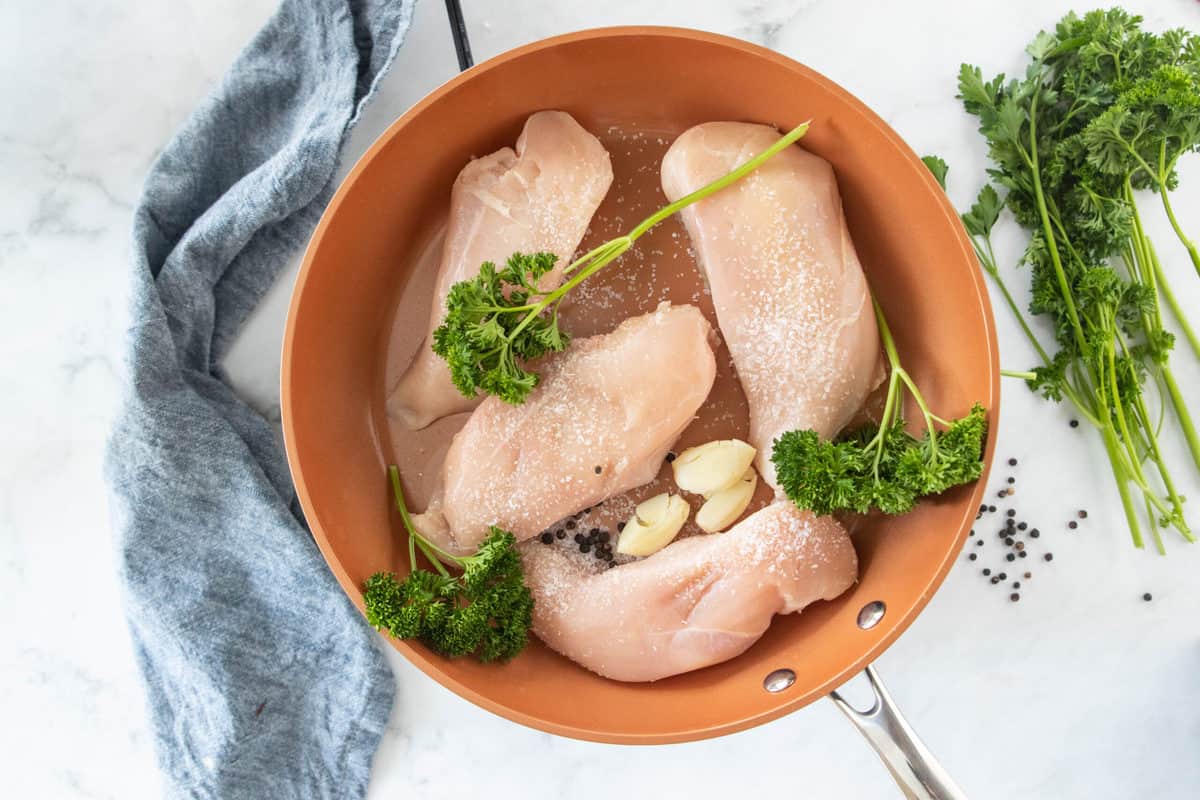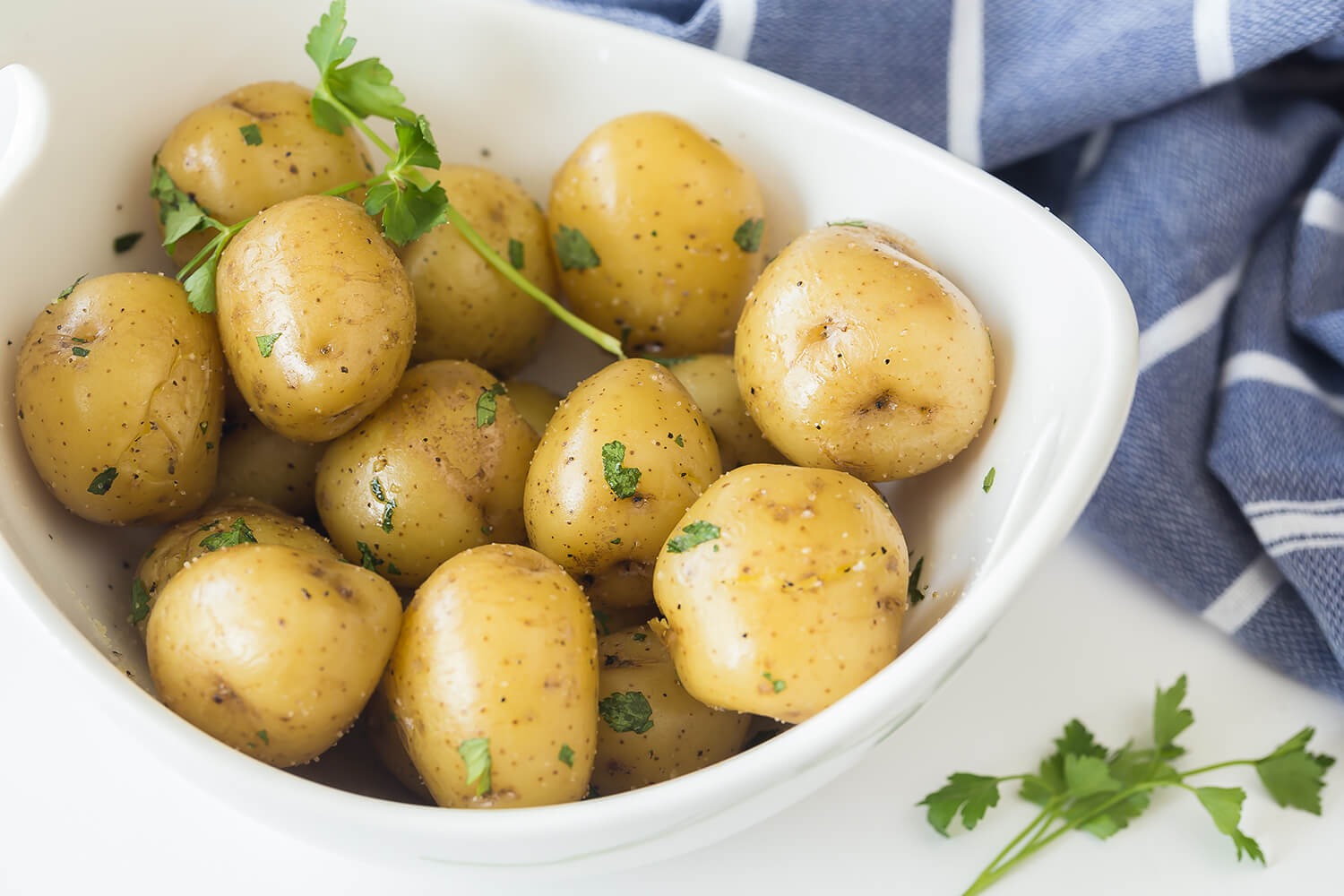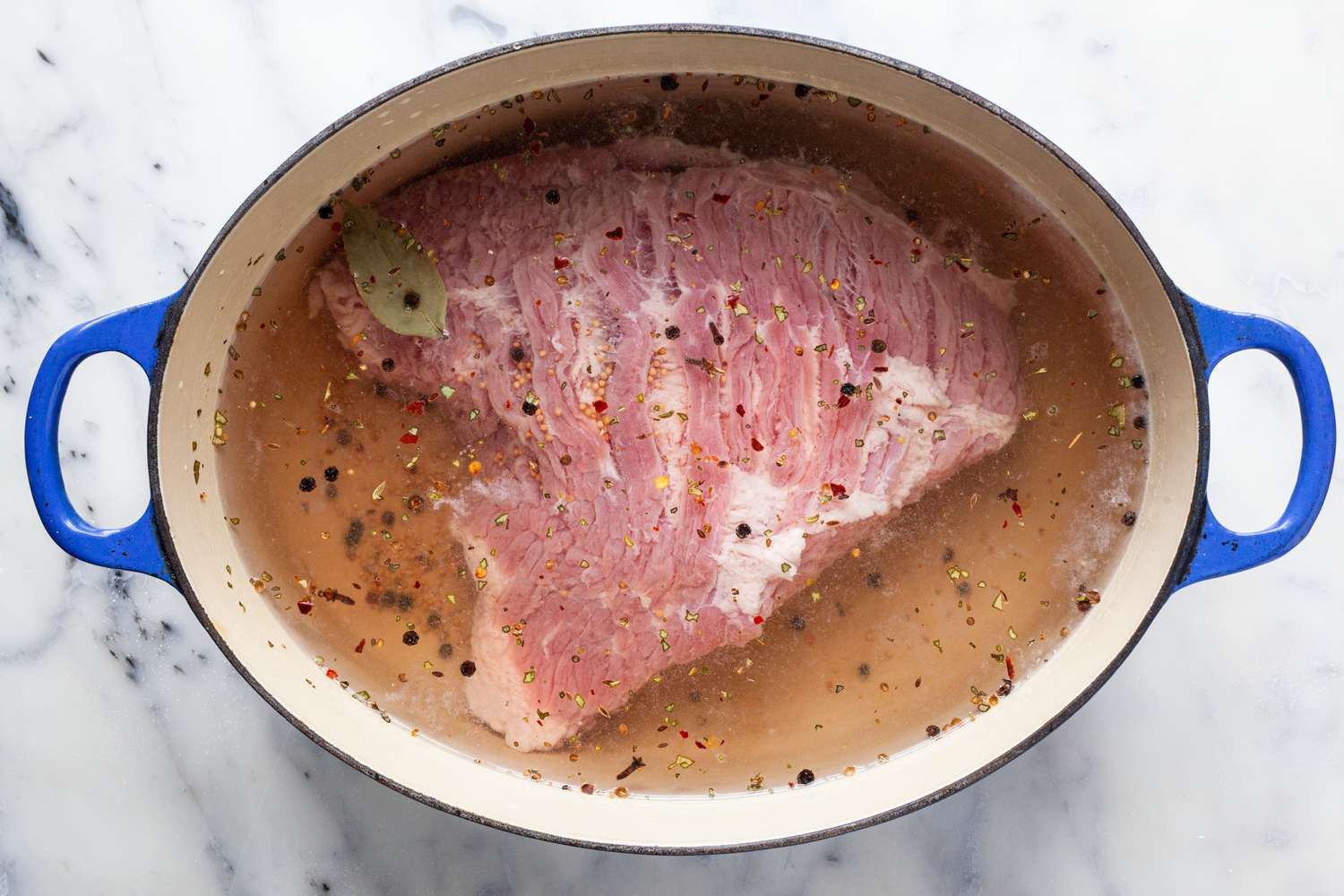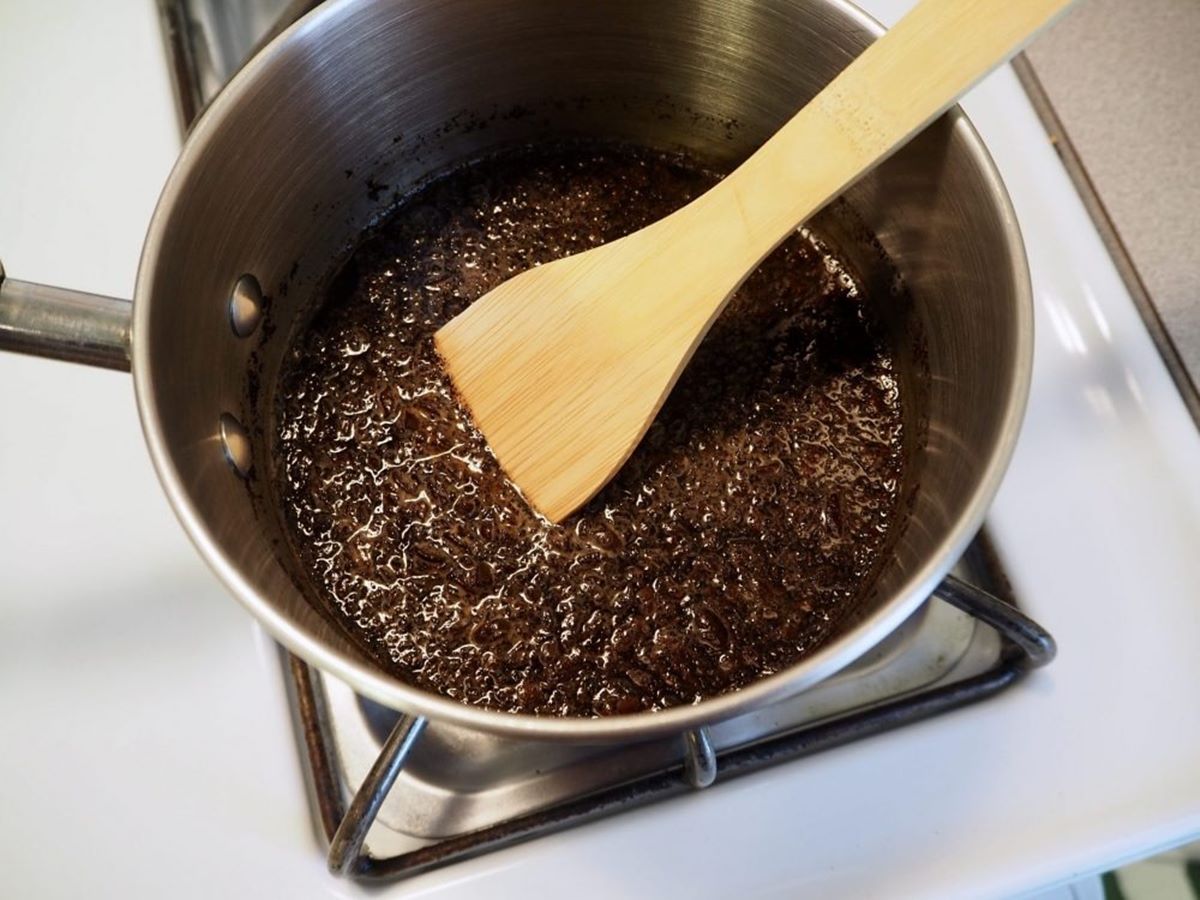How To Boil Chicken For Dog Bland Diet
If your furry friend is experiencing digestive issues or simply needs a bland diet, boiling chicken can be a great option. Not only is it easy to prepare, but it’s also a nutritious and gentle meal for dogs. In this article, we will guide you through the simple steps to boil chicken for your dog’s bland diet.
Step 1: Gather the Ingredients
Before you start, make sure you have all the necessary ingredients. You will need:
- Chicken breasts or boneless chicken thighs
- Water
- Optional: A pinch of salt or your dog’s preferred seasoning
It’s important to note that when boiling chicken for your dog’s bland diet, you should avoid using any seasonings that are harmful to dogs, such as onion and garlic powder.
Step 2: Prepare the Chicken
Start by rinsing the chicken thoroughly under cold water to remove any excess bacteria. Trim off any visible fat or skin, as it can be difficult for dogs to digest. Cut the chicken into small, bite-sized pieces for easier cooking and serving.
Step 3: Boil the Chicken
In a large pot, add enough water to fully submerge the chicken. If desired, you can add a pinch of salt or your dog’s preferred seasoning. Bring the water to a boil over medium-high heat.
Once the water is boiling, carefully add the chicken pieces. Reduce the heat to medium-low and let the chicken simmer for about 15-20 minutes, or until cooked through. Make sure to stir occasionally to prevent the chicken from sticking to the pot.
Step 4: Cool and Serve
Once the chicken is cooked, remove it from the pot and let it cool completely. To speed up the cooling process, you can rinse the chicken under cold water or place it in the refrigerator for a few minutes.
Before serving the boiled chicken to your dog, make sure it’s at room temperature. Feeding your dog warm or hot food can lead to discomfort or even burns.
You can serve the boiled chicken plain or mix it with a small amount of plain cooked rice or boiled vegetables. However, it’s important to consult with your veterinarian or a canine nutritionist to ensure you are providing a balanced and appropriate diet for your dog’s specific needs.
Benefits of Boiled Chicken for Dogs
Boiled chicken is a fantastic option for a dog’s bland diet due to the following benefits:
- Easy to digest: The gentle cooking process helps break down the chicken, making it easier for dogs with sensitive stomachs to digest.
- High in protein: Chicken is a lean source of protein, which is essential for your dog’s overall health and wellbeing.
- Low in fat: By trimming off visible fat, you can provide a low-fat meal for dogs that need to watch their weight.
- Palatable: Most dogs love the taste of chicken, making it an enticing option for encouraging them to eat when they have a decreased appetite.
Remember, while boiled chicken is beneficial for a dog’s bland diet in the short term, it’s crucial to address any underlying health issues and consult with a veterinary professional for a long-term dietary plan that meets your dog’s specific needs.
Now that you know how to boil chicken for your dog’s bland diet, you can confidently provide a nutritious and easily digestible meal for your furry friend. Enjoy cooking for your four-legged companion!
